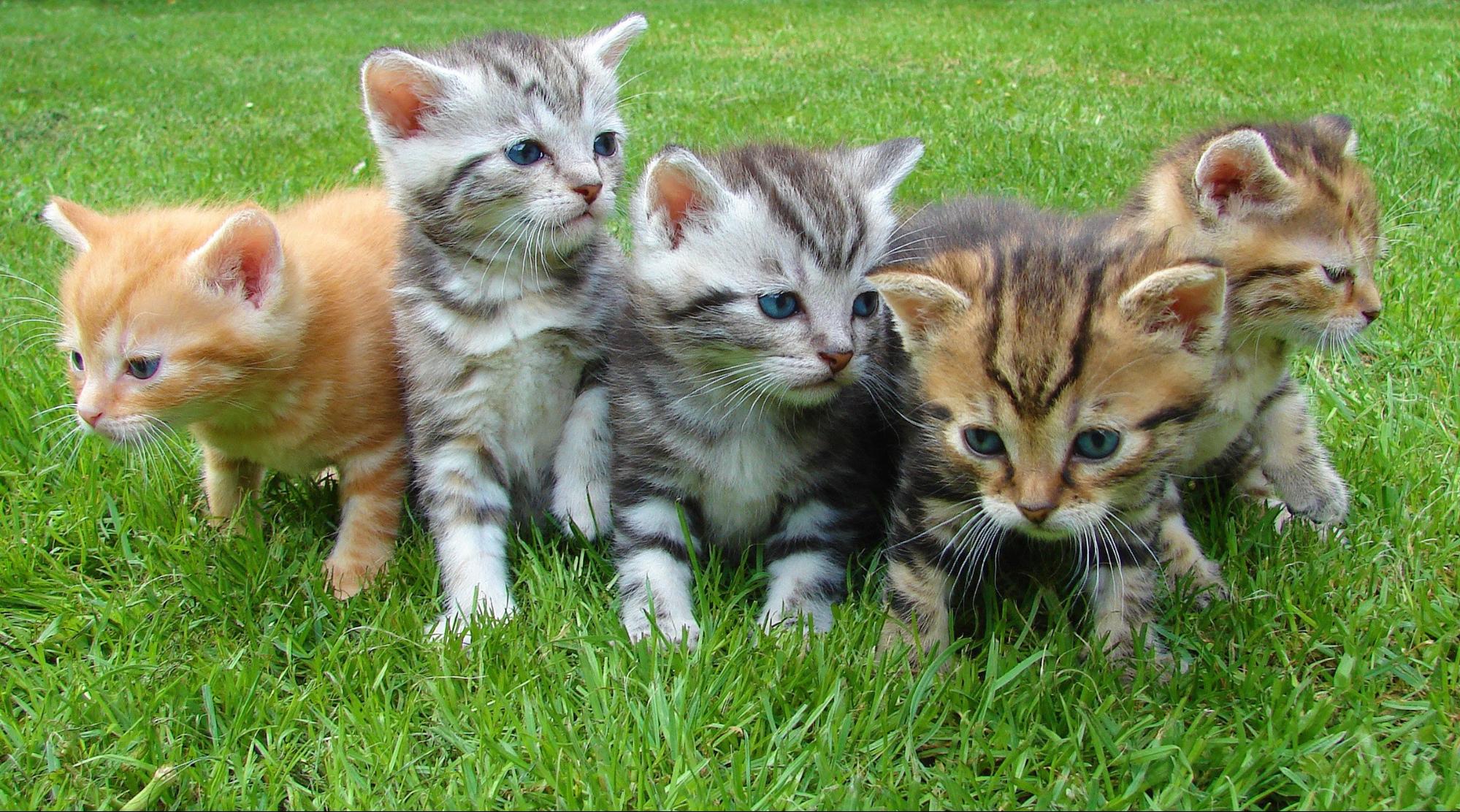Nathan Hoyhtya
Share:
If you are like most animal lovers, you melt like butter on a hot stove when looking into the face of a kitten or puppy. You’re sold after hearing its soft mew or yip. Maybe you’re contemplating how many pets you can nurture under one roof.
Does it matter where these darling animals are when you first meet them, or where they’ve come from?
According to the Humane Society of the United States, over 2 million dogs originate from America’s 10,000 puppy mills each year. Fewer than 3,000 of these operations are registered and licensed by the Department of Agriculture.
The humane society estimates over 90 percent of dogs sold in pet stores and online come from these puppy mills. Some of these operations have as many as 1,000 animals at a time.
Animal lovers must ask: Does this industry prioritize animal welfare, or do they put profits first?
Cutting costs is an effective way to generate revenue for any industry. If you’ve owned a pet, you know how expensive veterinary care can be. Imagine the expense for hundreds or a thousand animals. There would be almost no way to make a profit.
As a result, puppy mills rarely provide their animals with adequate veterinary care.
And these animals are in desperate need of medical attention. According to a humane society report from 2013, overcrowded breeding facilities easily spread disease. Lack of waste control systems only contribute to the problem.
Animals in breeding mills also suffer from malnutrition, endless confinement, little social contact with humans, and a lack of environmental stimulation.
In short, people who breed animals in mills only see them as a commodity. Just a cheap way to make a buck.
But not all caretakers behave this way. Nonprofit animal shelters are run by caring staff and volunteers. They are funded by charitable donations and adoption fees. All pets receive veterinary care, and good animal welfare standards are practiced.
Consider becoming someone who chooses to adopt a shelter pet.
Animal adoption is cheaper than pet stores. Shelter pets are happy and healthy—and they’re already spayed or neutered.
Unfortunately, many shelters are overburdened and have a limited supply of space and funds. The surplus of companion animals in their care forces some to use euthanasia.
The humane society estimates 3 million dogs and cats are euthanized in shelters each year. About 80 percent of these animals are healthy enough to be candidates for adoption. Perhaps even more shocking? A quarter of these euthanized dogs are purebred.
I hope everyone wanting a purebred dog contacts a local animal shelter first.
There is a lack of government investigation and oversight of puppy mills. So we may never know how many dogs they breed—or how many of their animals end up euthanized by shelters.
Outside of lobbying to changing these laws, we can have an impact by making humane pet decisions ourselves.
Begin by being aware of the responsibilities involved.
Taking care of an animal is a lot of work and a commitment that will last for many years. Consider how much time you can devote to animal care and if you have the appropriate living space.
Adopt your pet from an animal shelter. Never buy one online or at a pet store.
If you really want a purebred, do your research and try to find your preferred breed in a shelter first. If adoption isn’t an option, visit prospective breeders and inspect the condition of their facilities firsthand.
Someone connected to a puppy mill will not agree to those terms, but a reputable breeder will.
Reputable breeders usually have a wait list and will ask specific questions to find out if you’re a good match for their breed. They will supply you with appropriate documentation of the animal’s pedigree.
Lastly, spay or neuter every pet you have. A list of affordable options can be found through the Minnesota Spay and Neuter Assistance Program or aspca.org.




